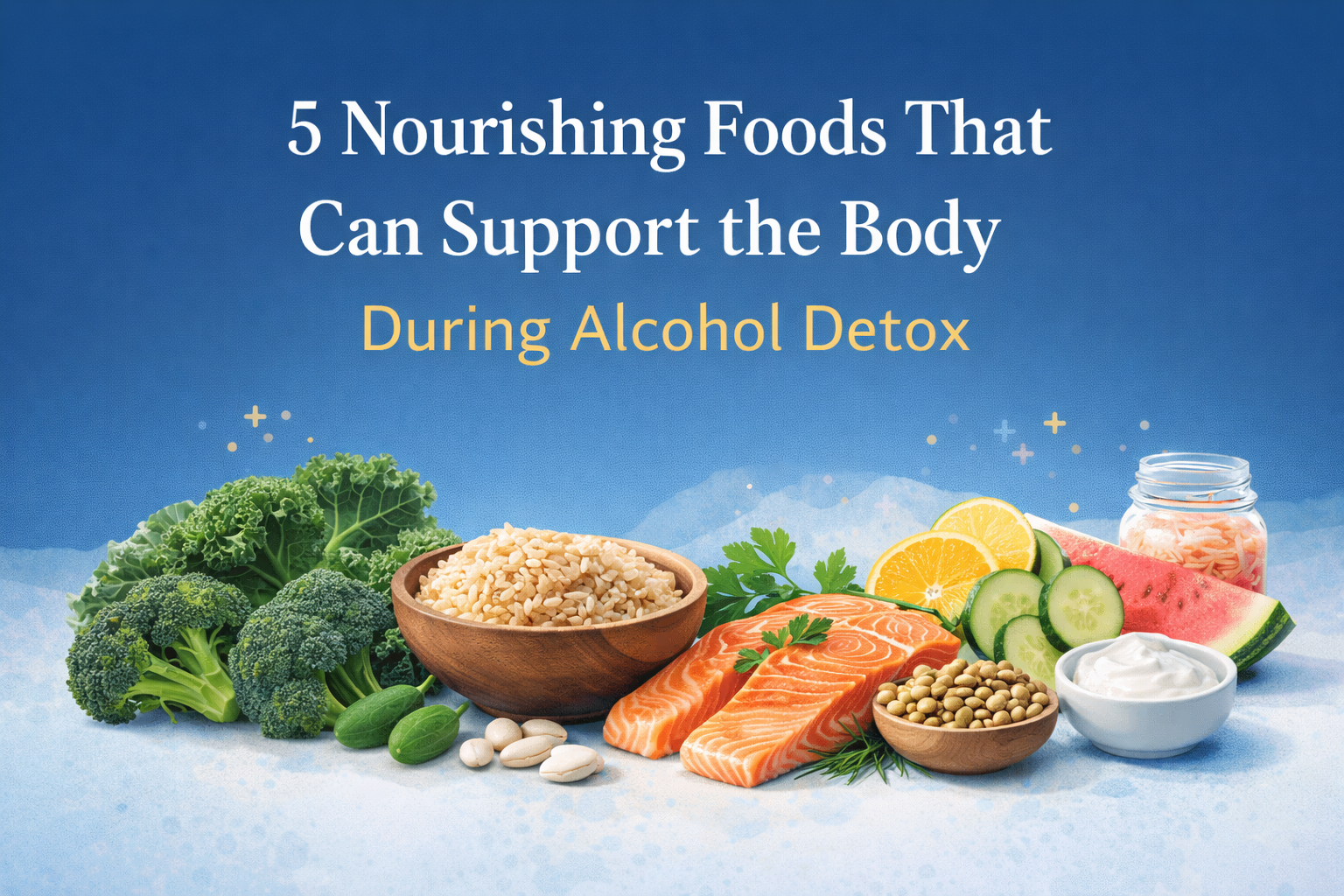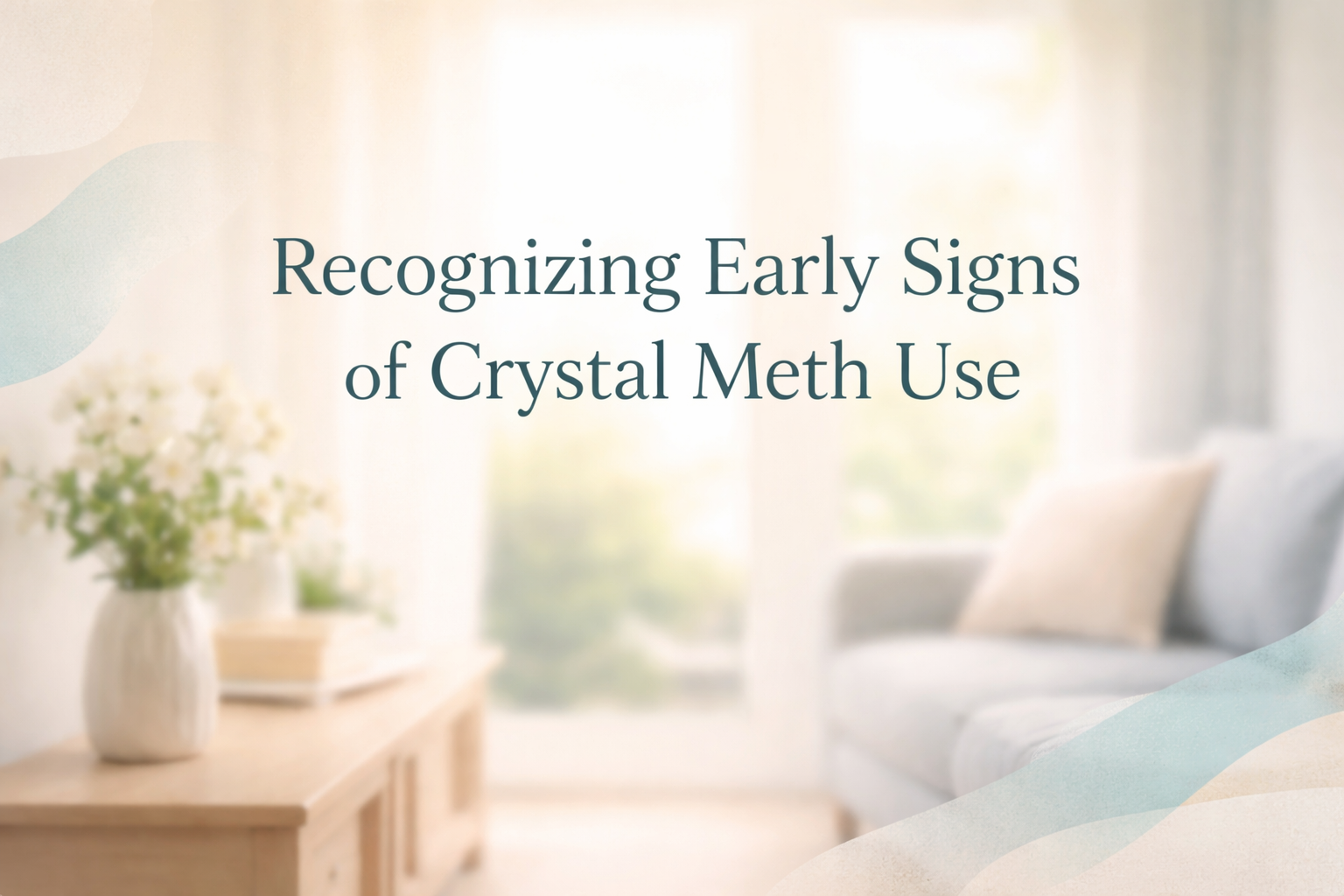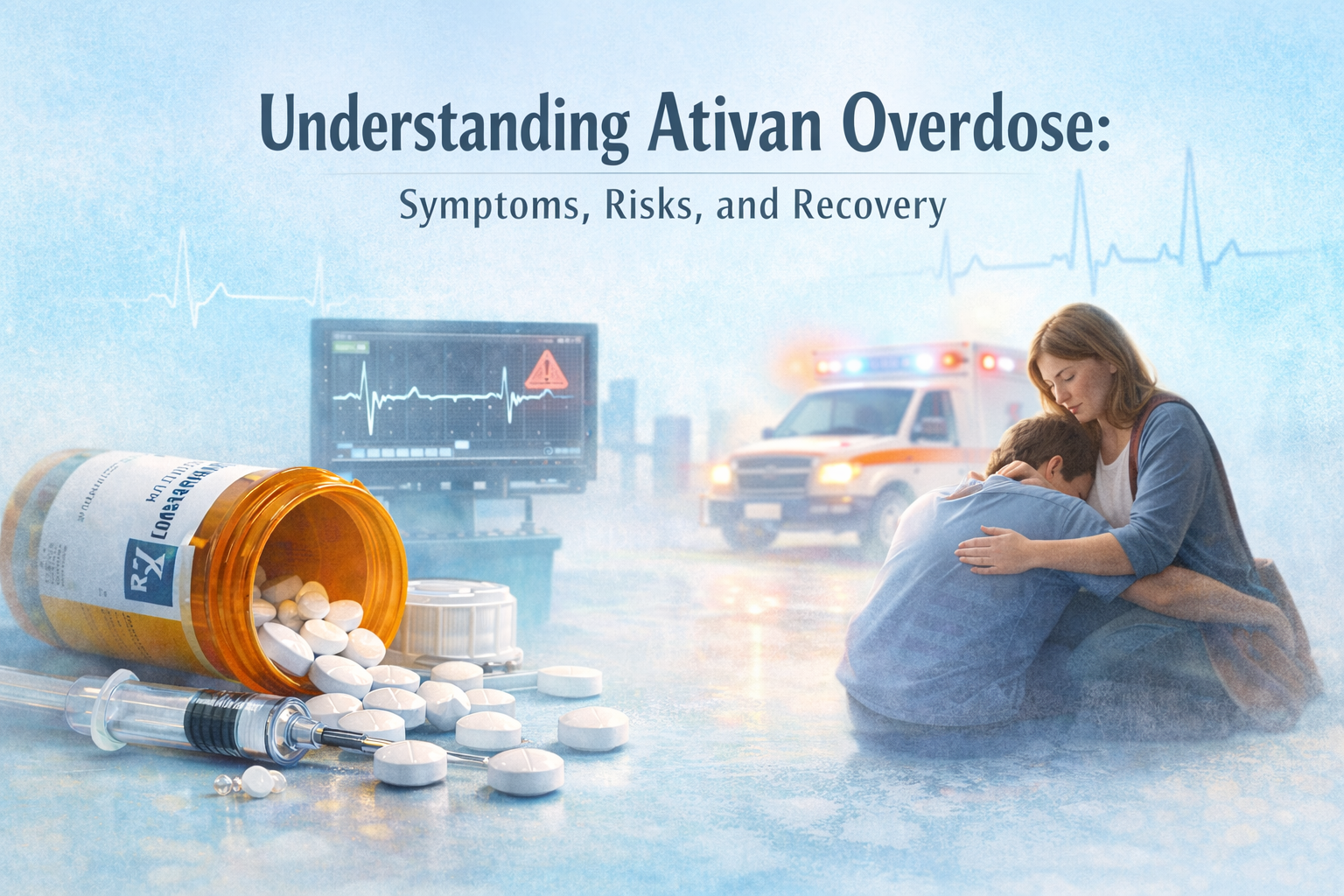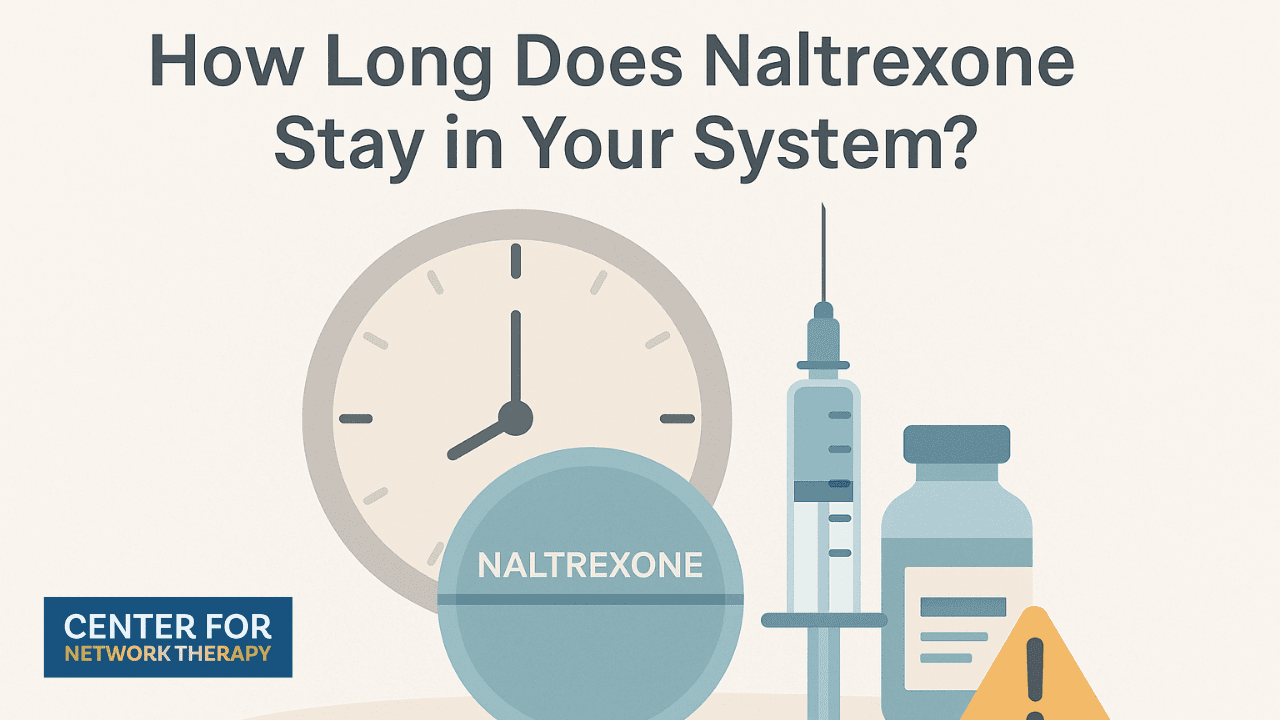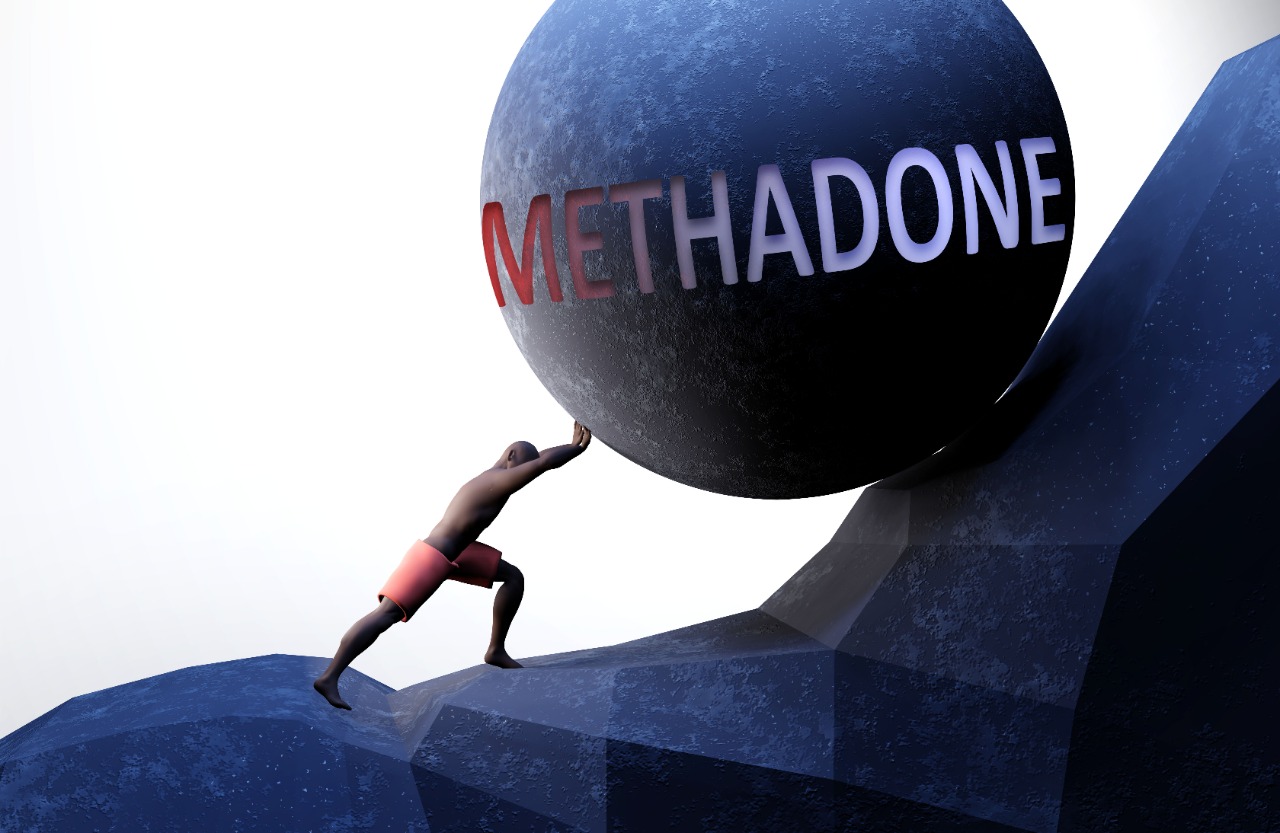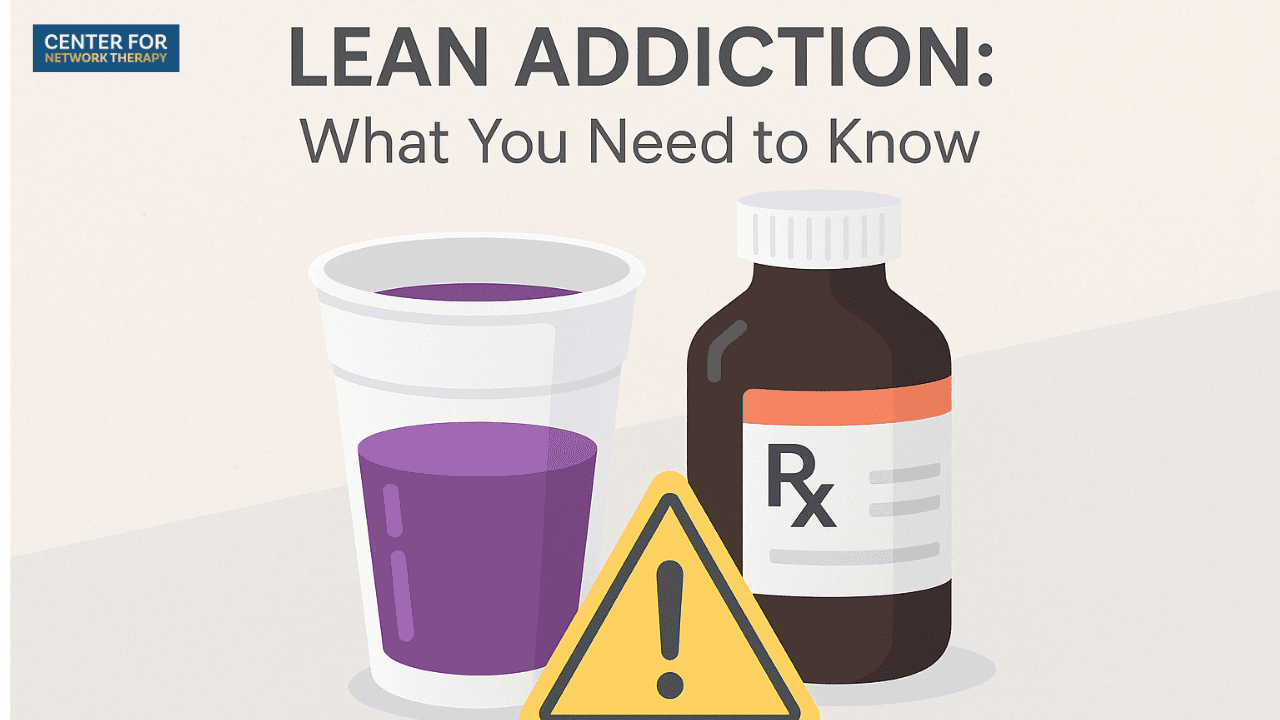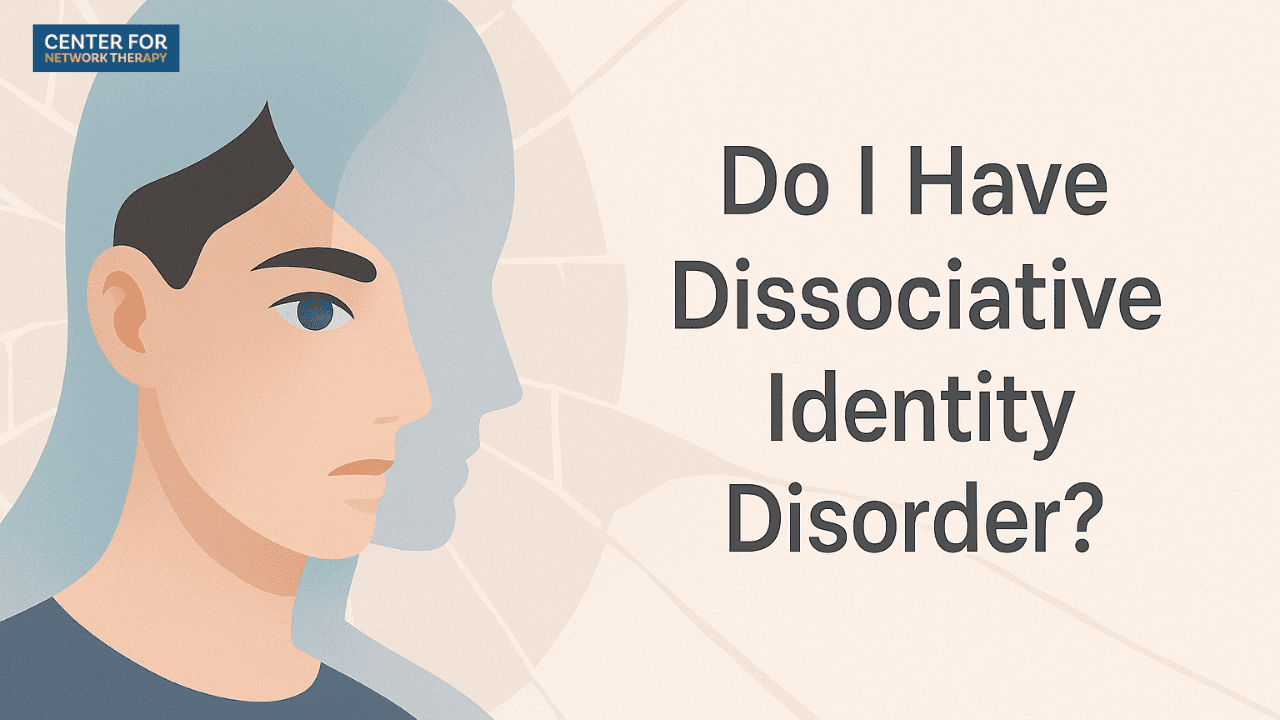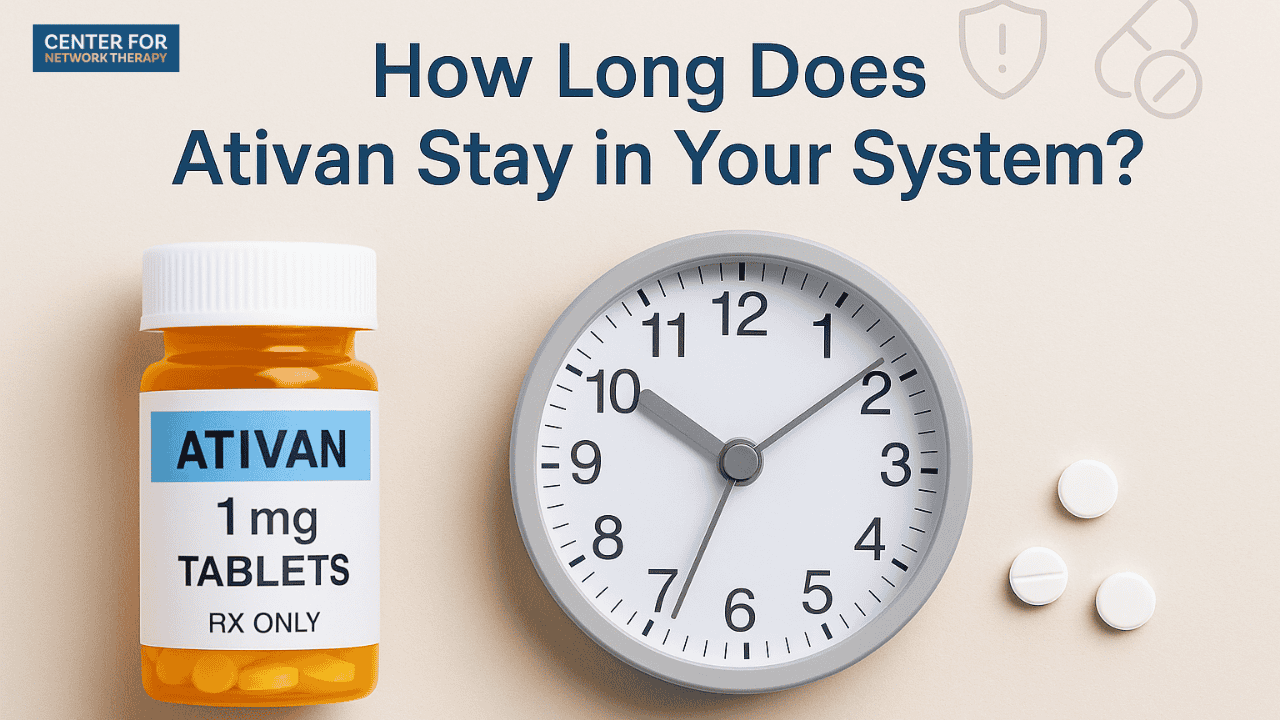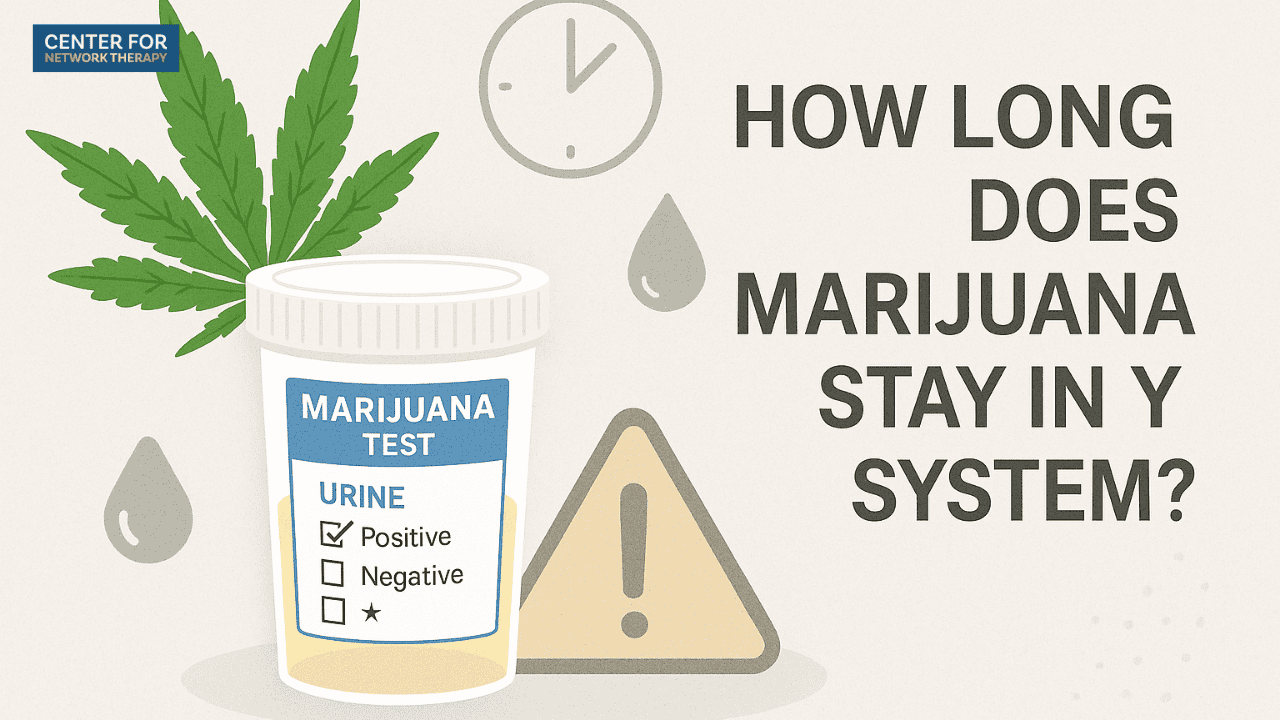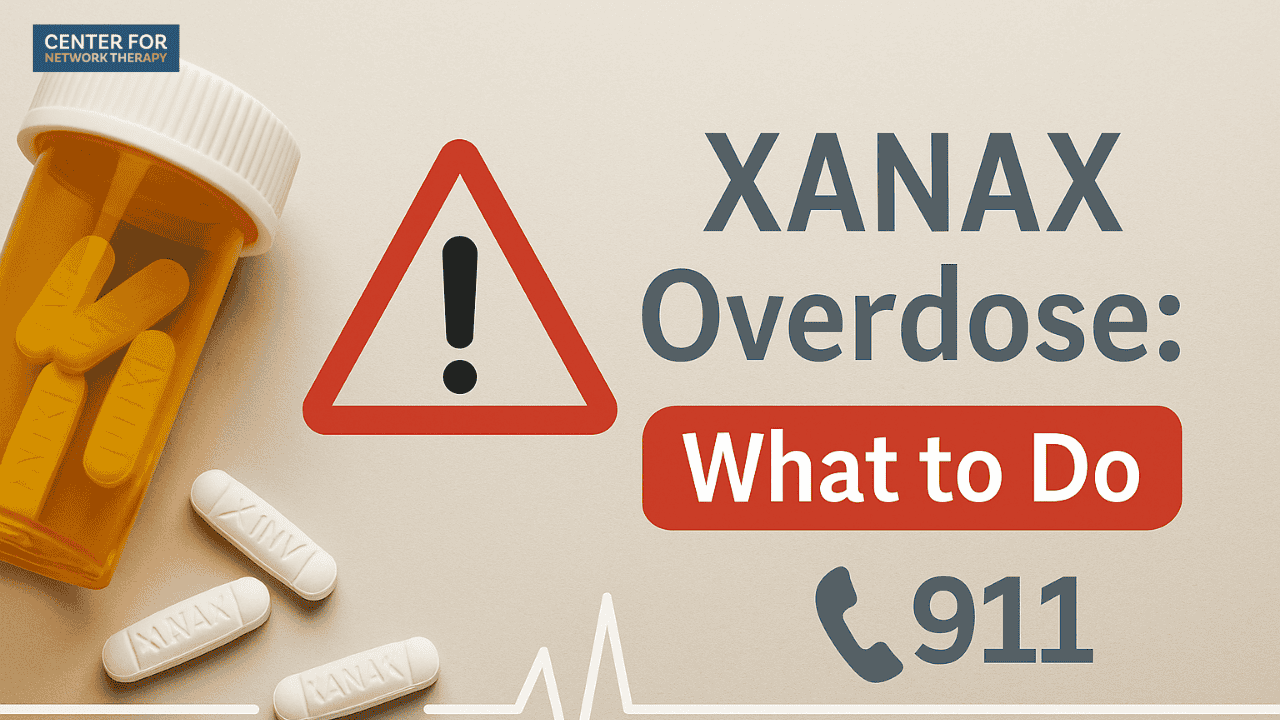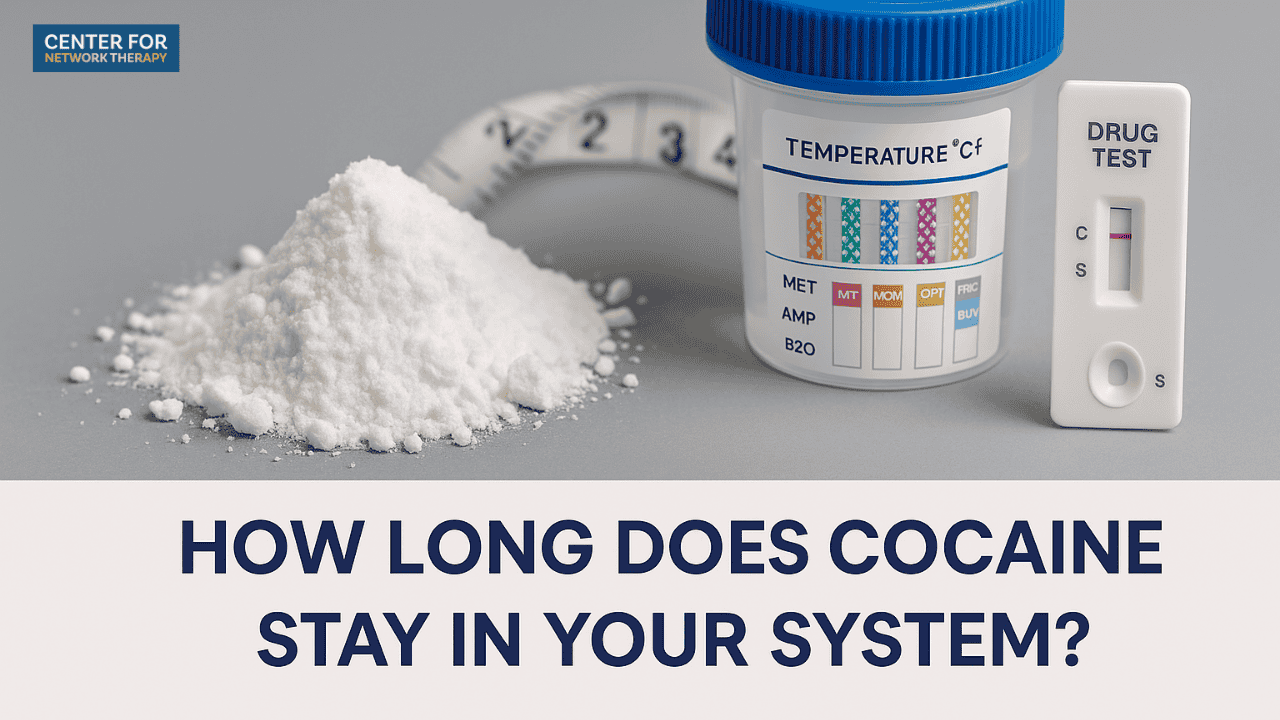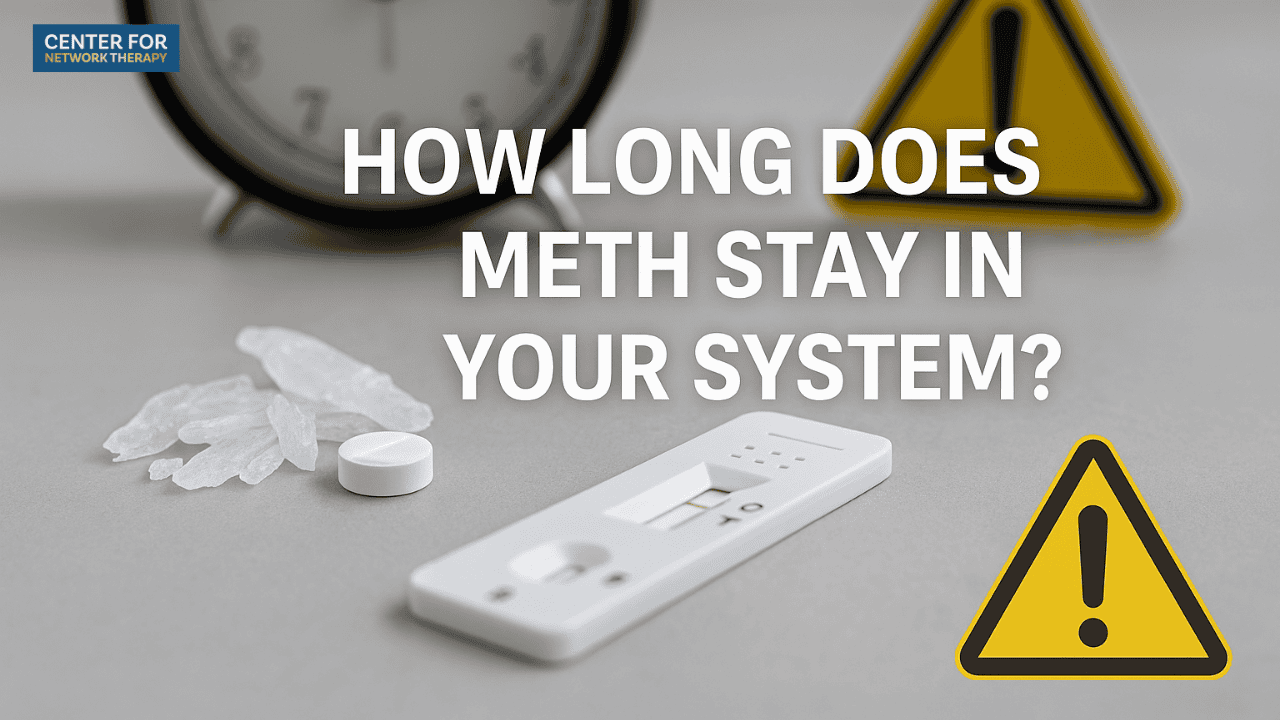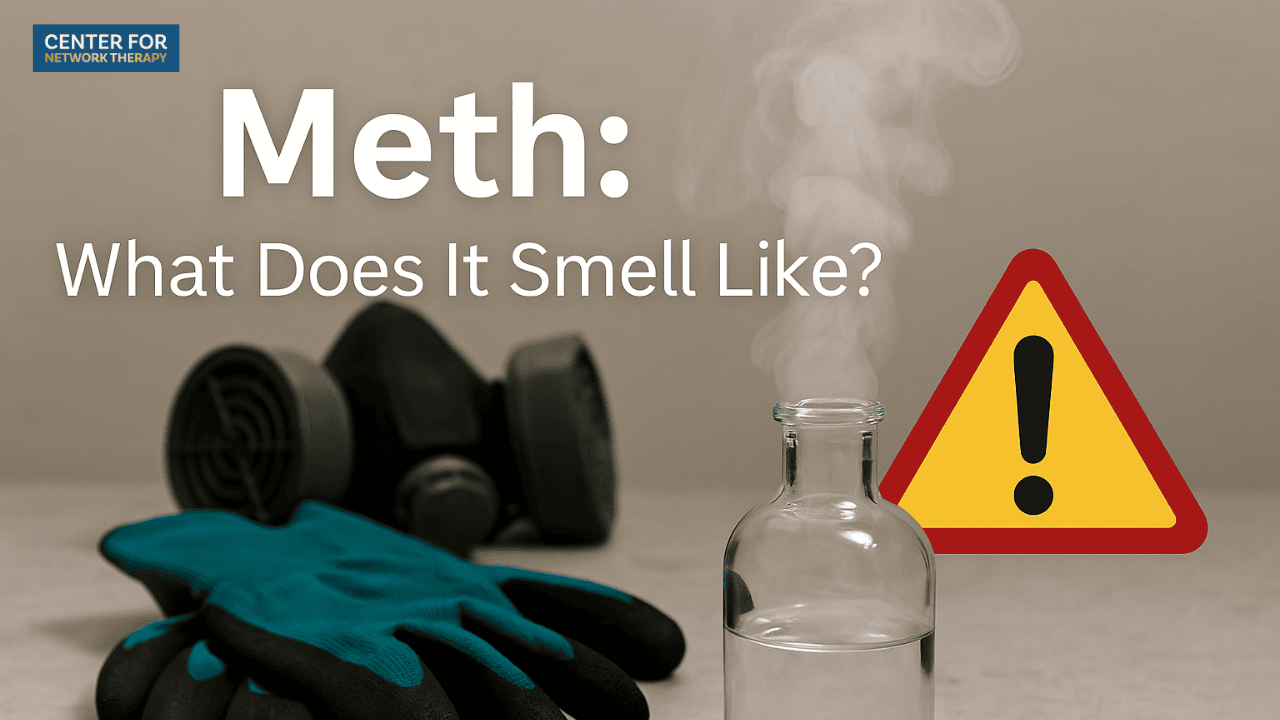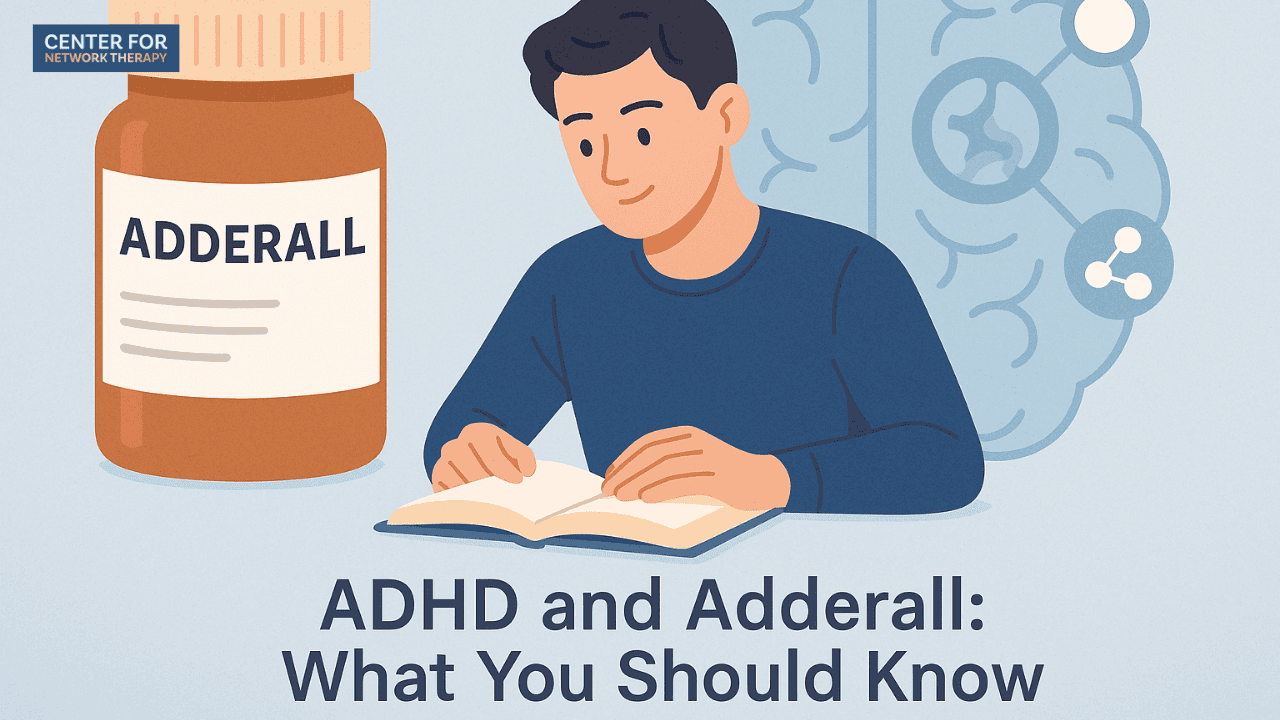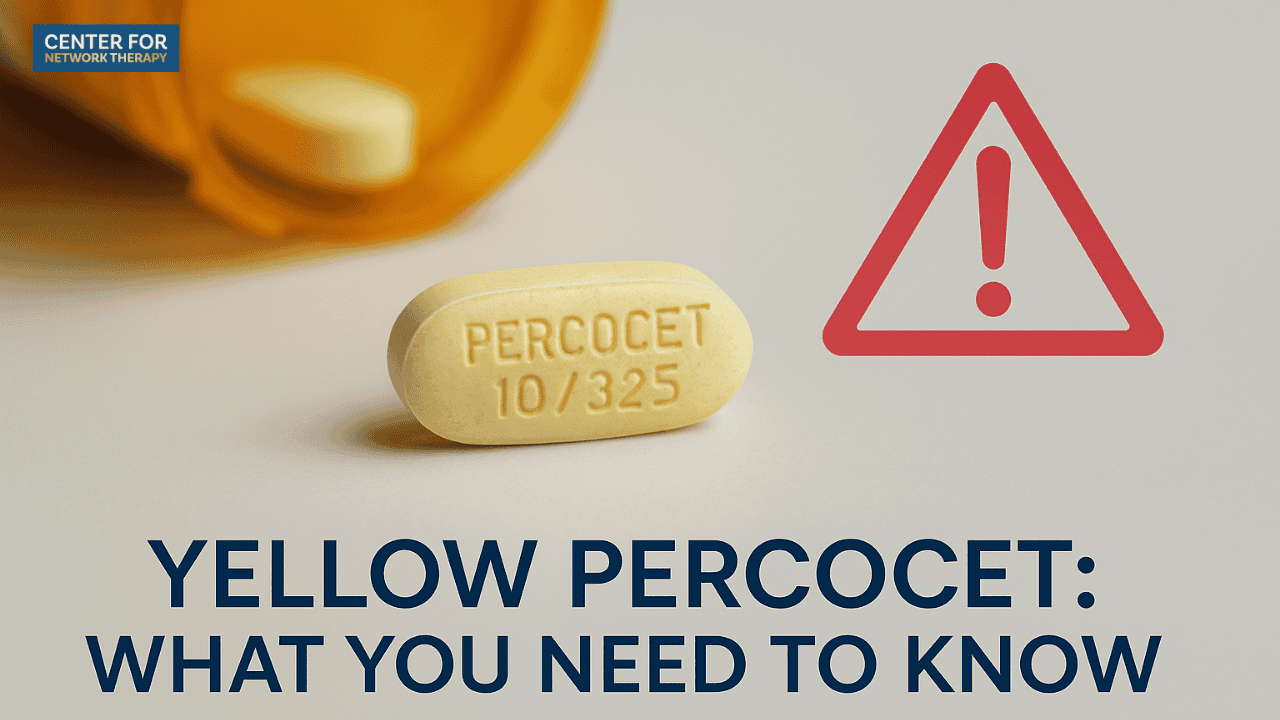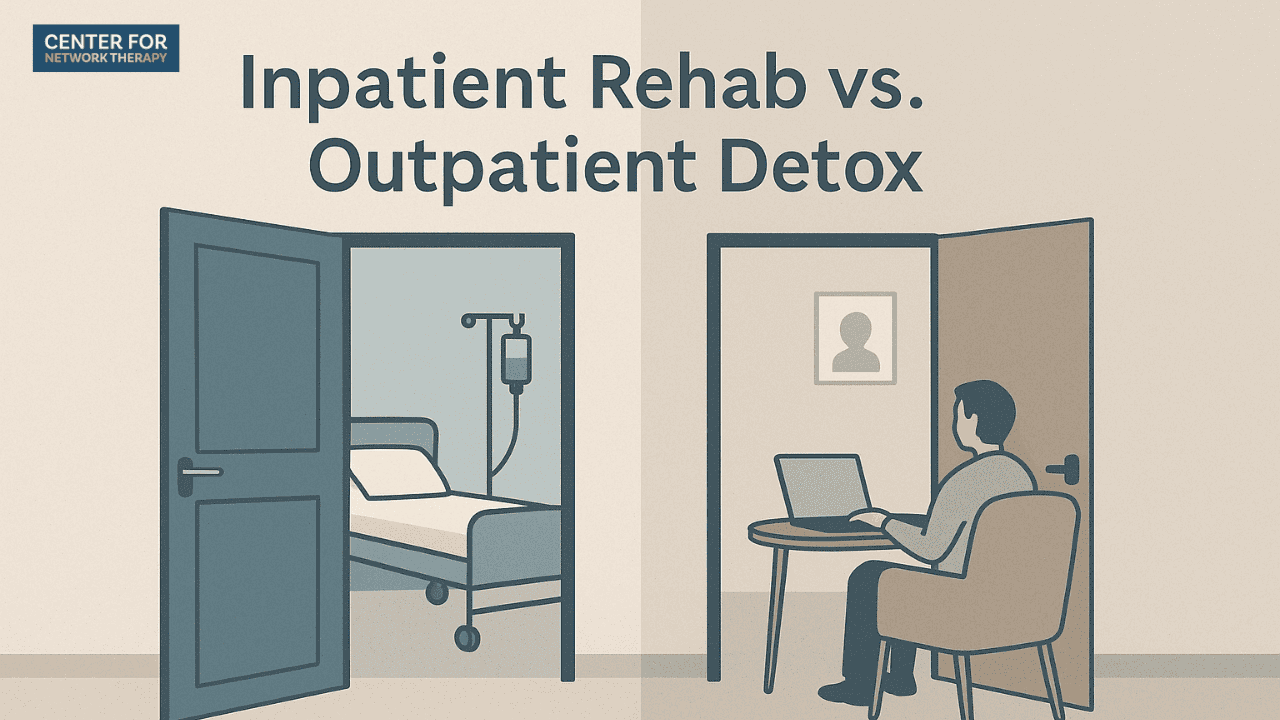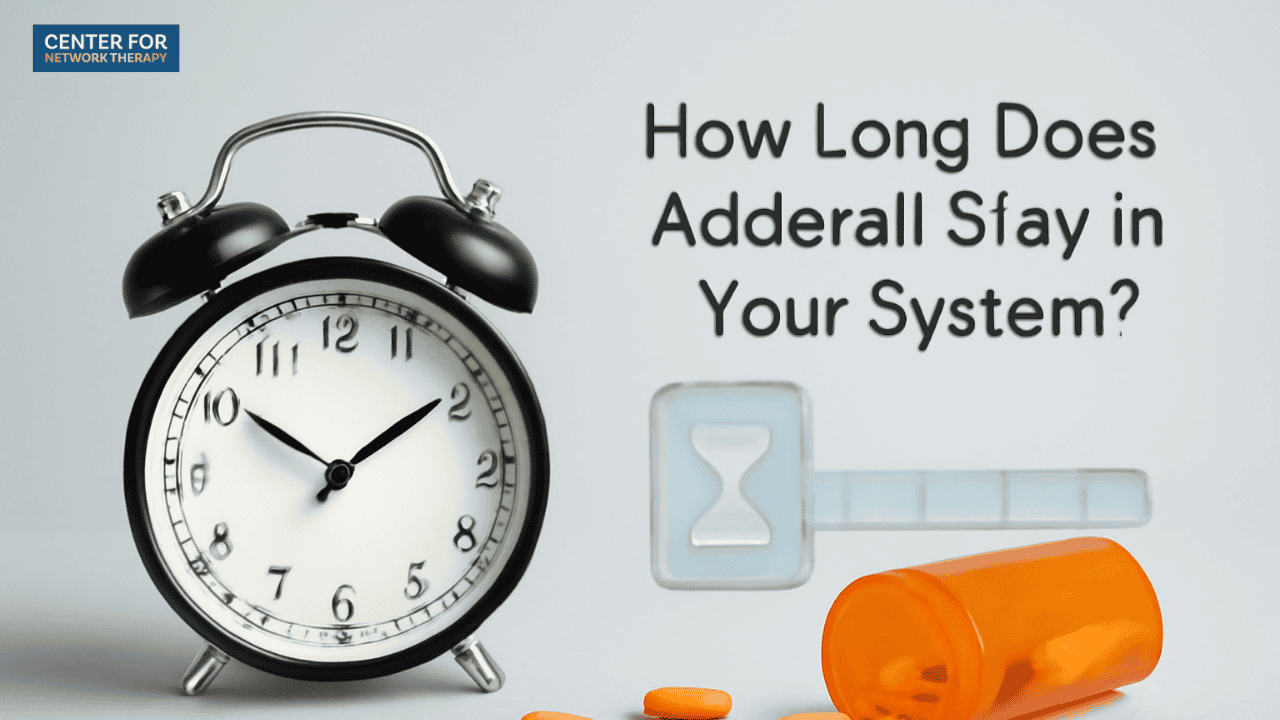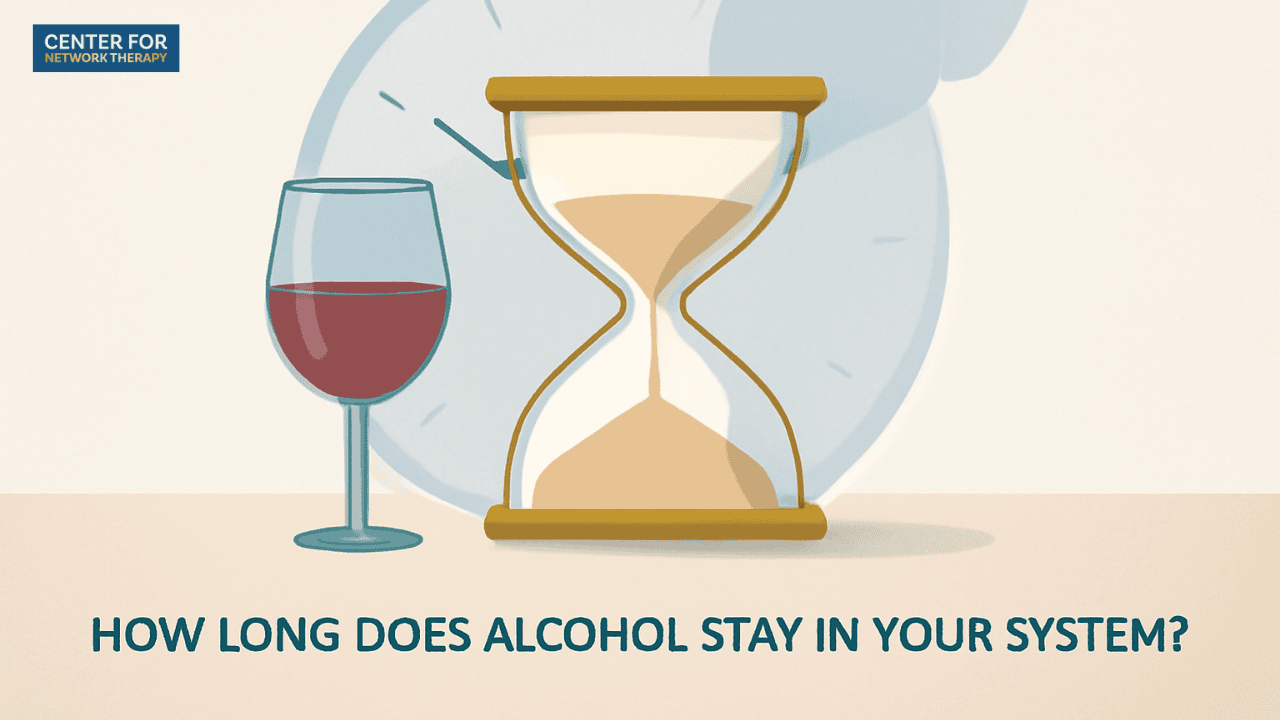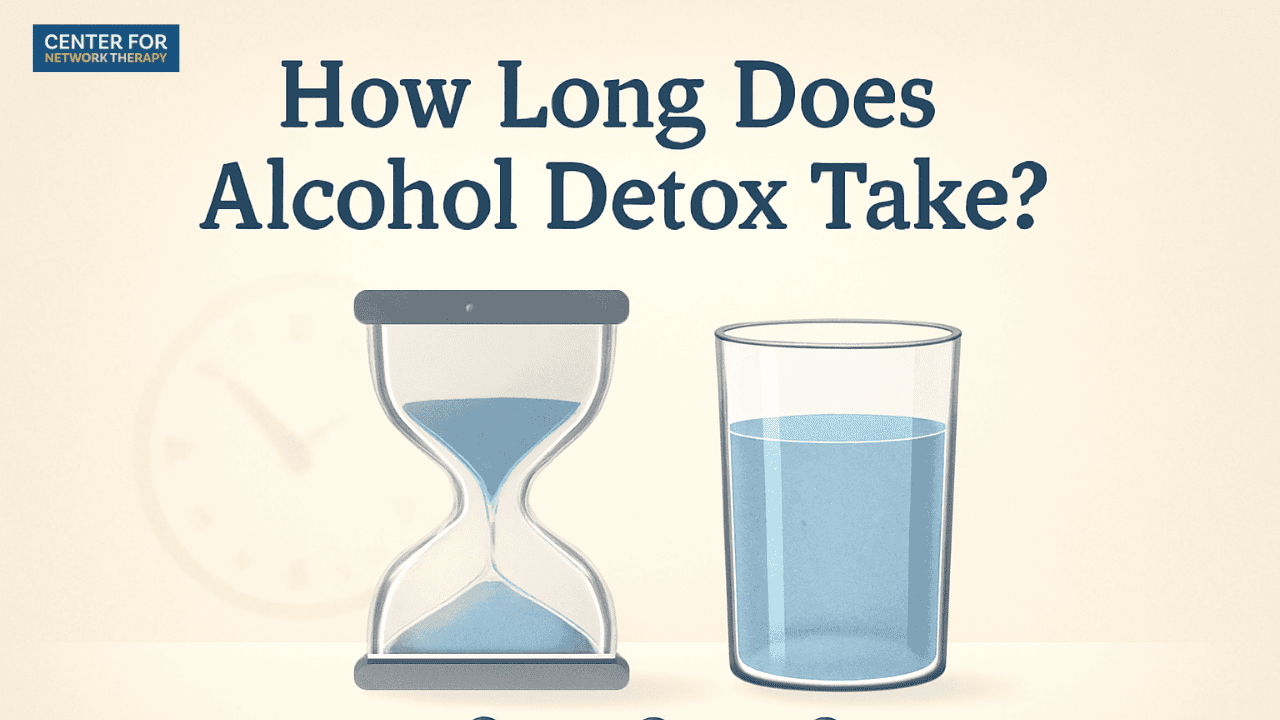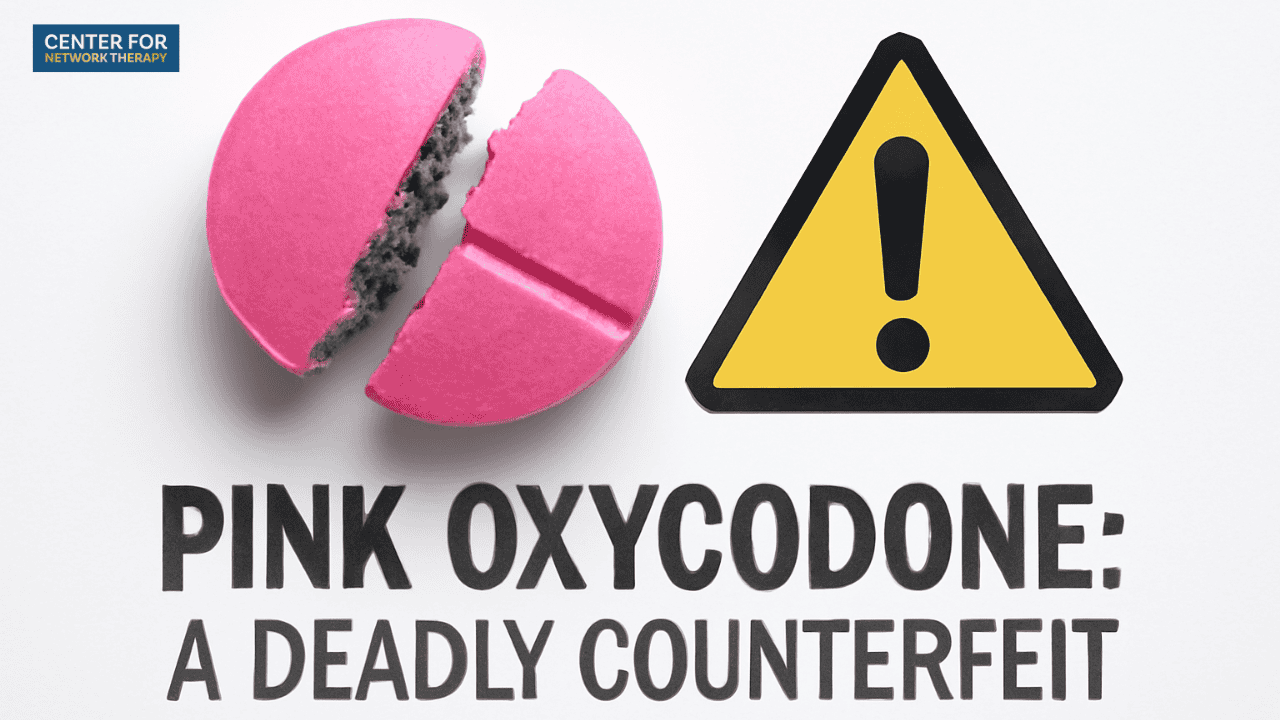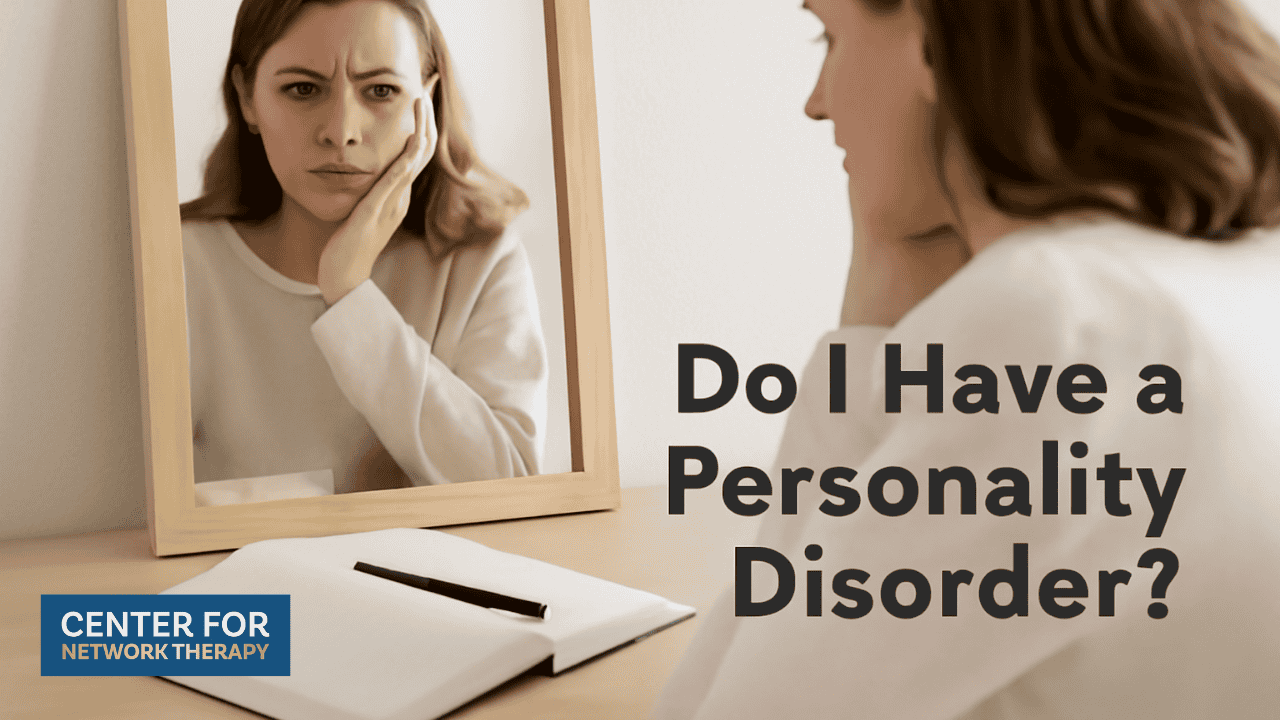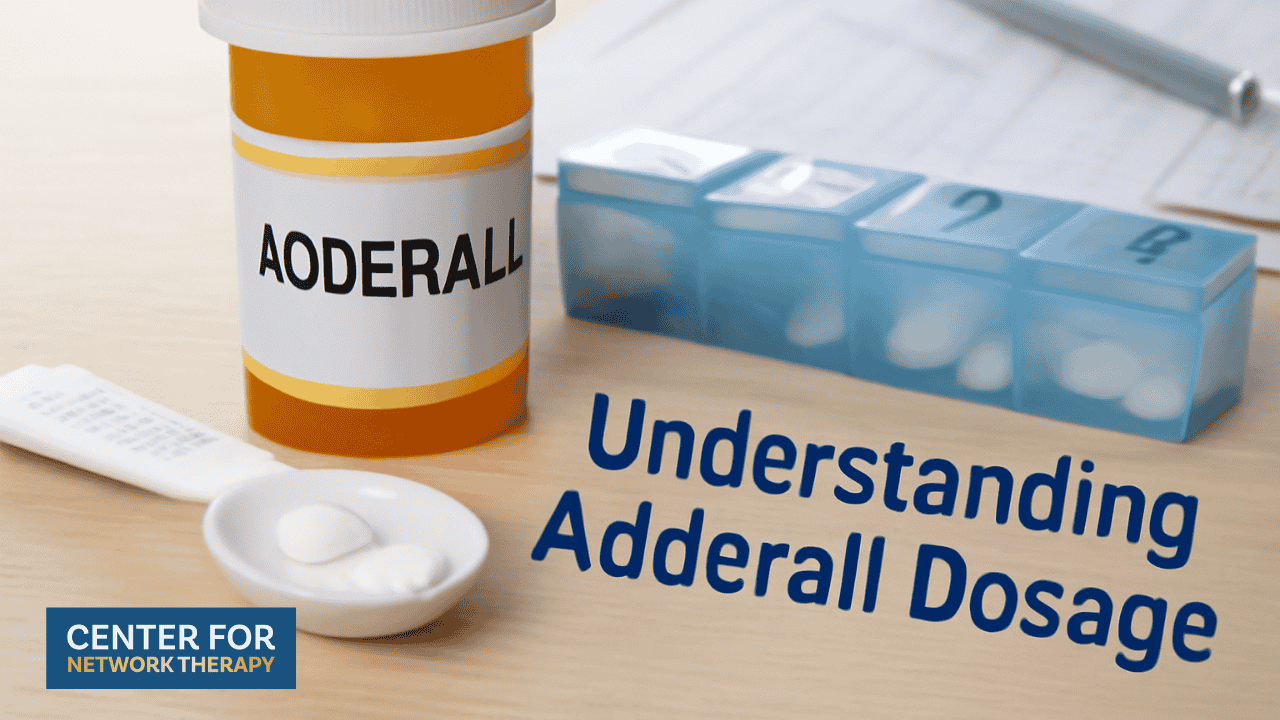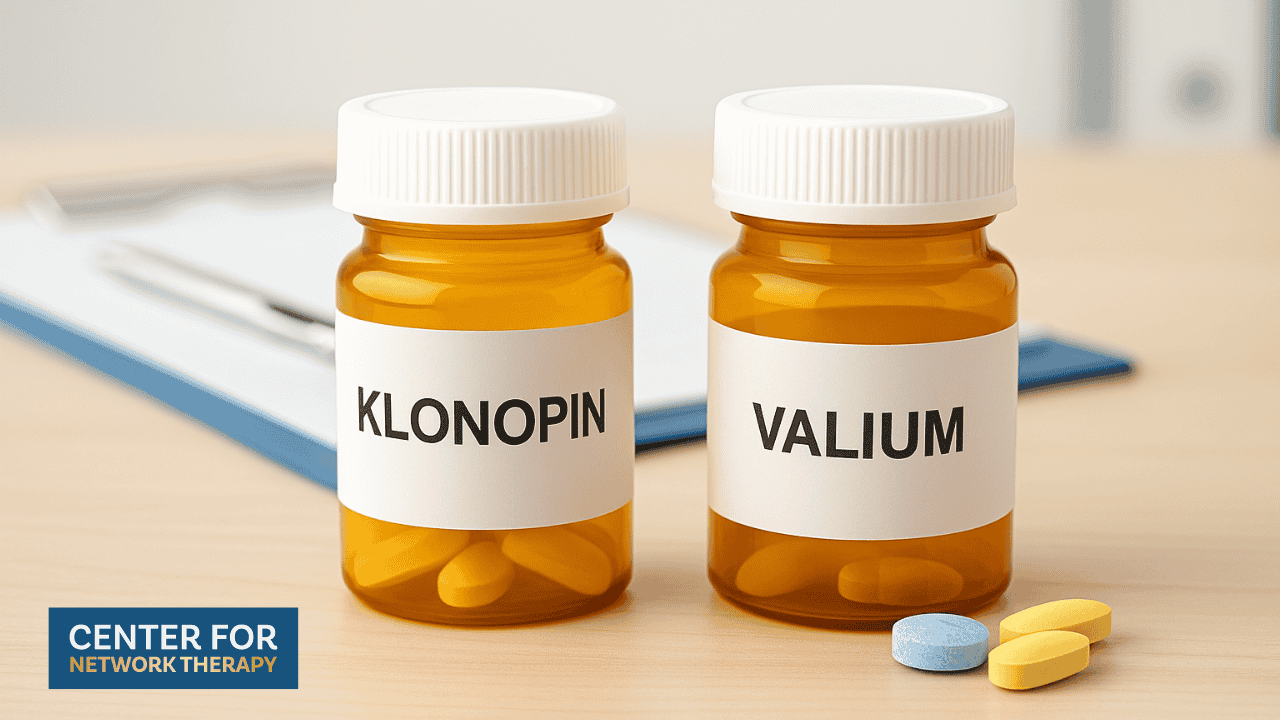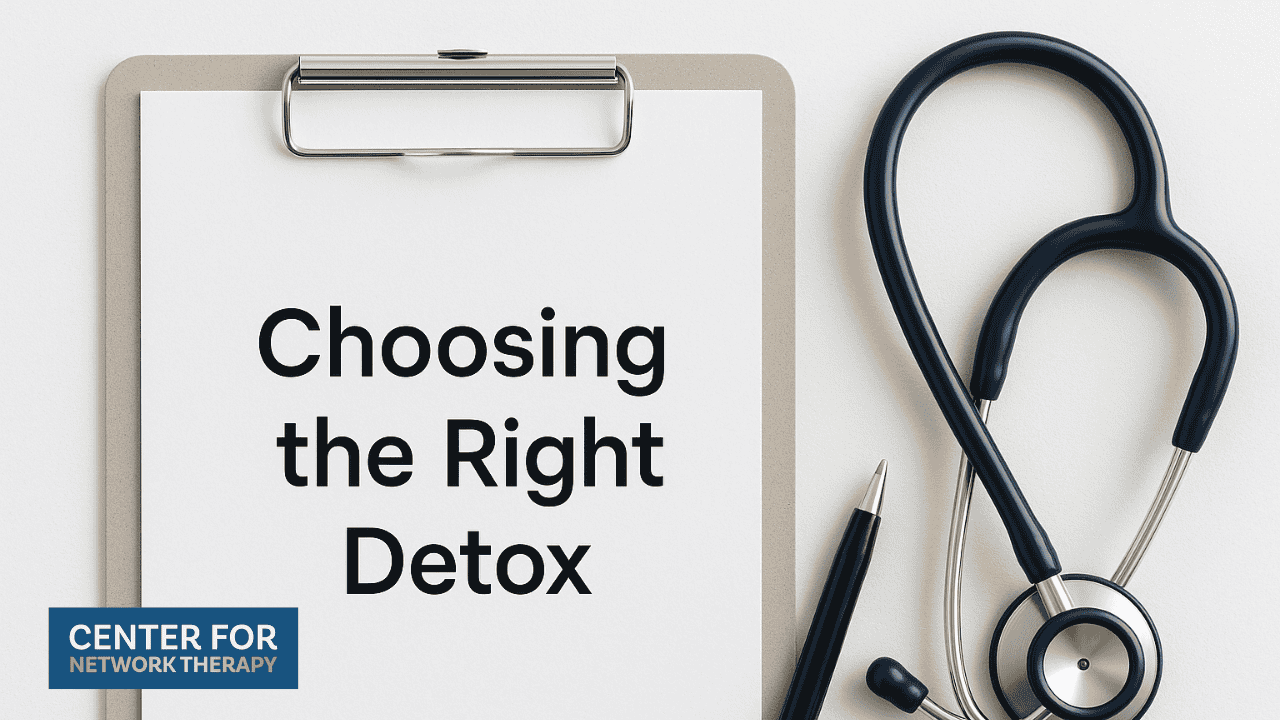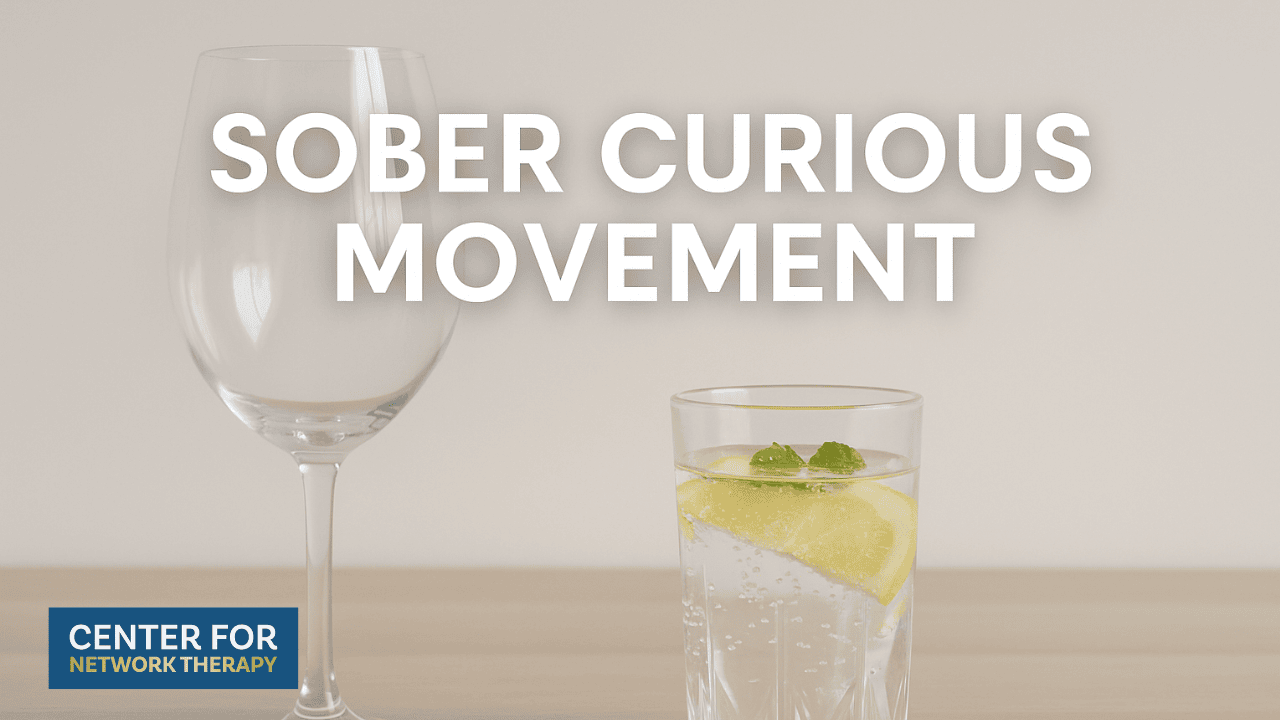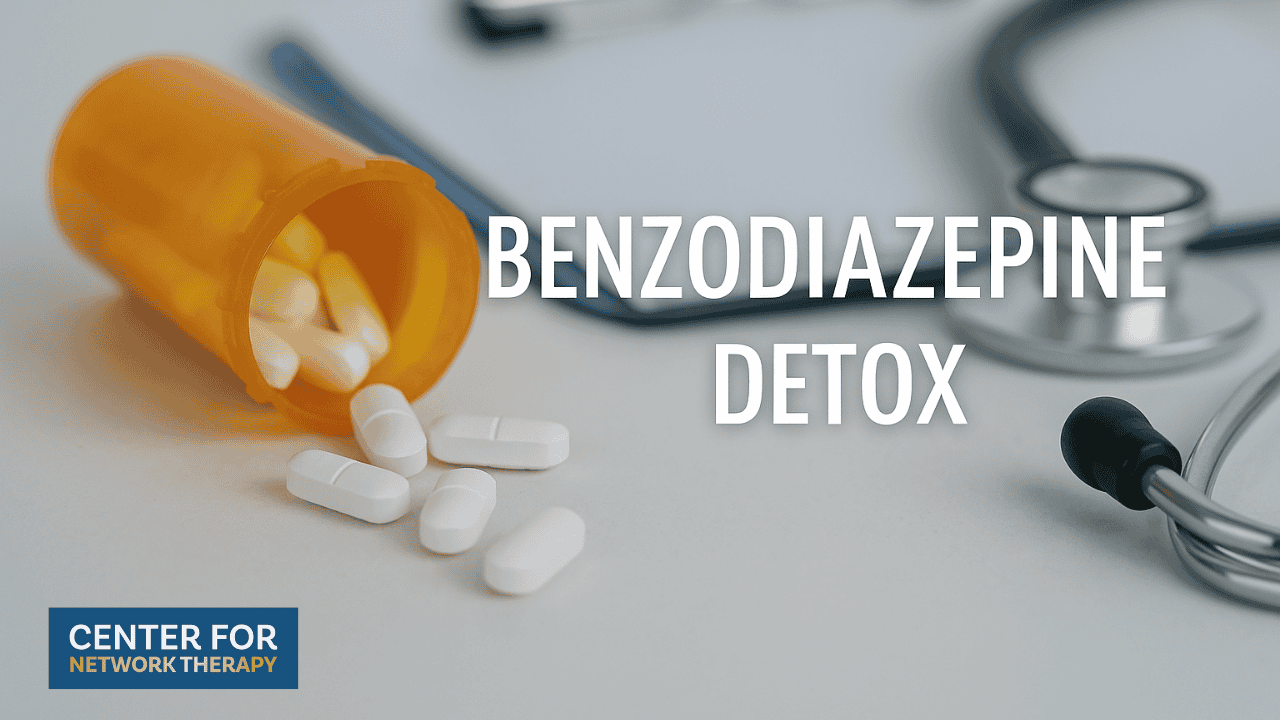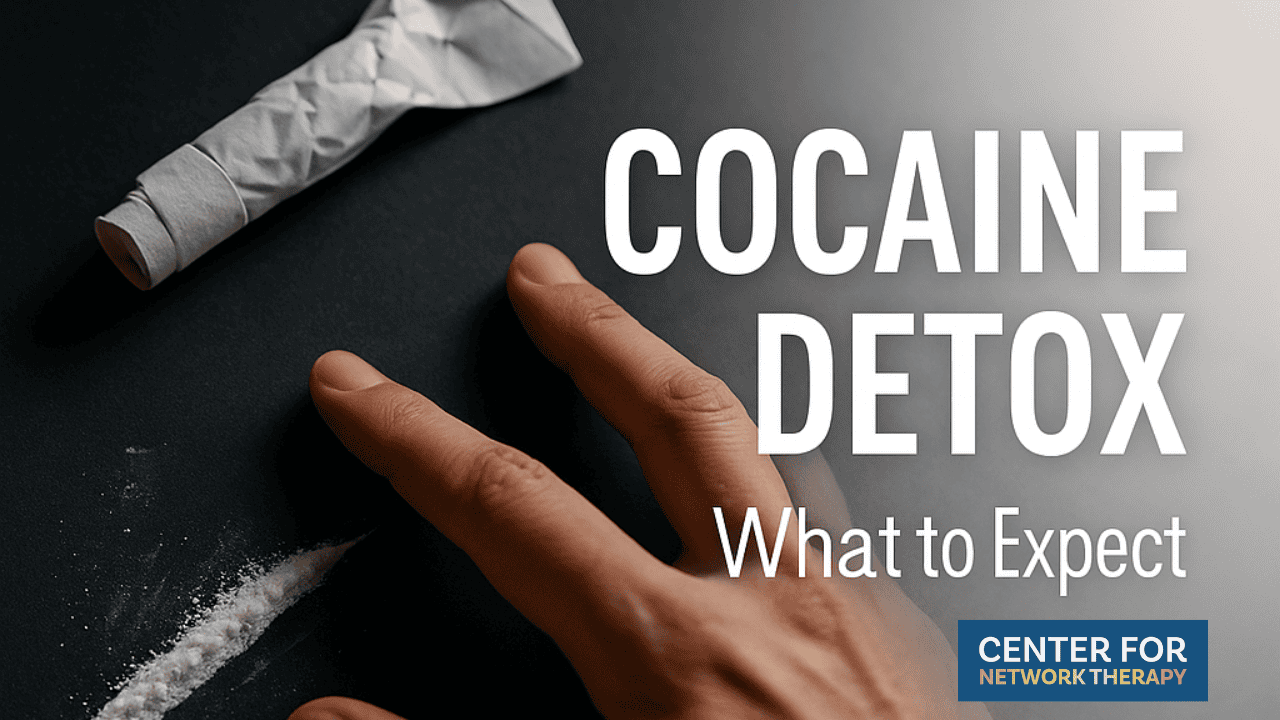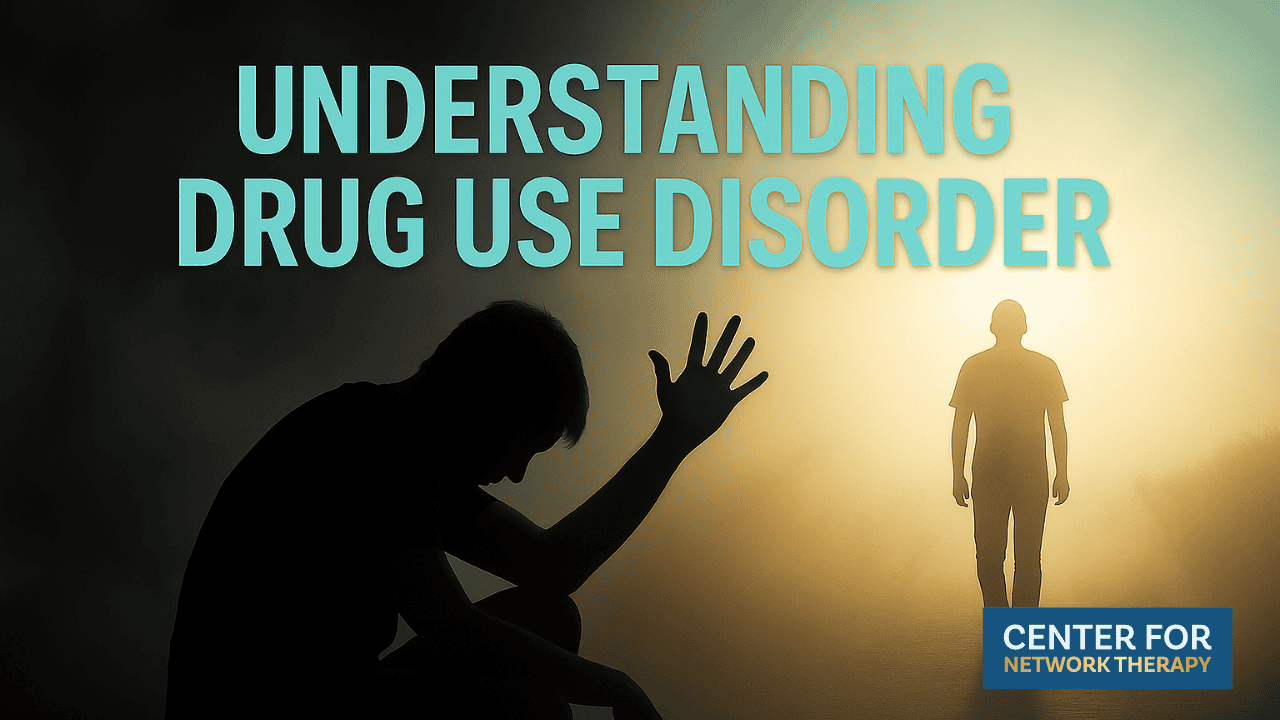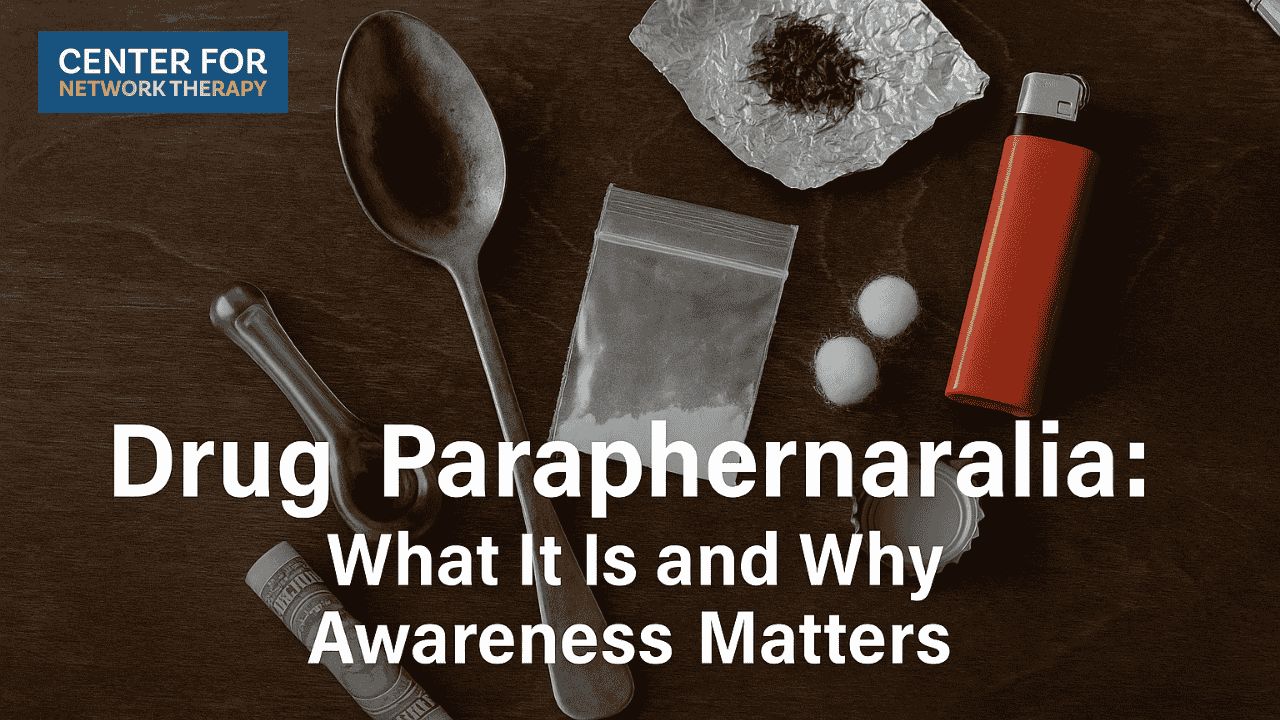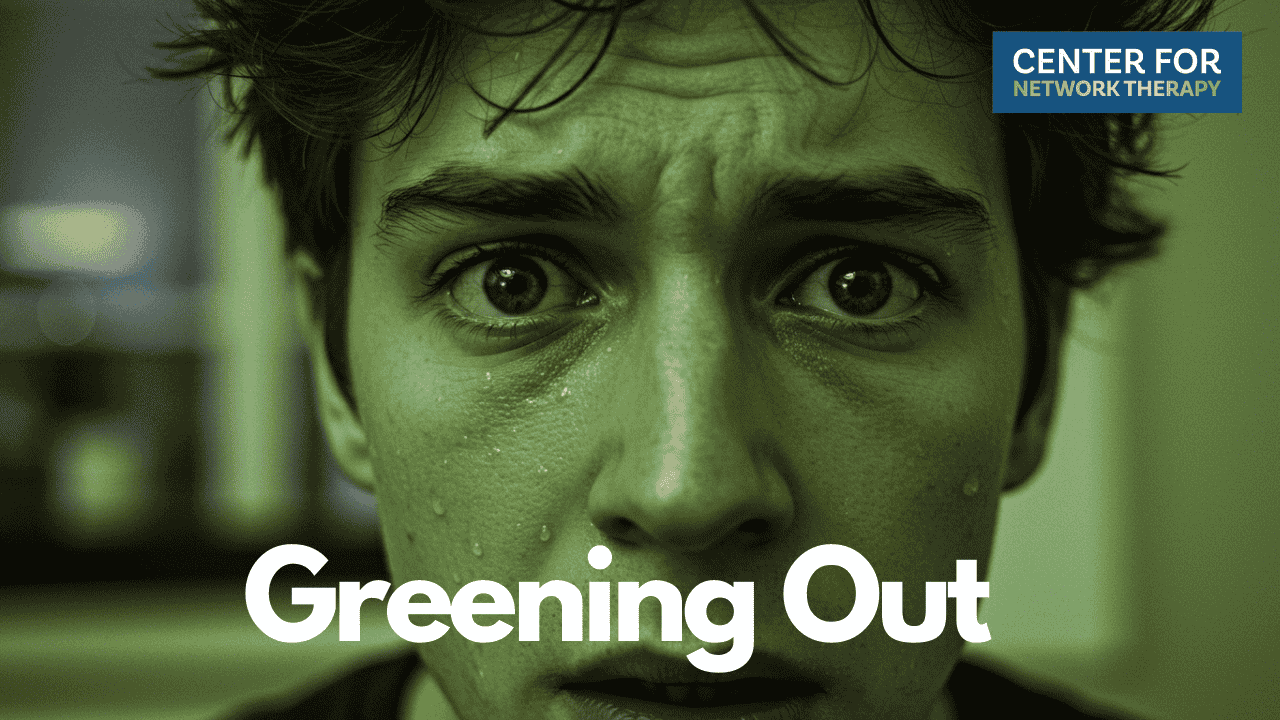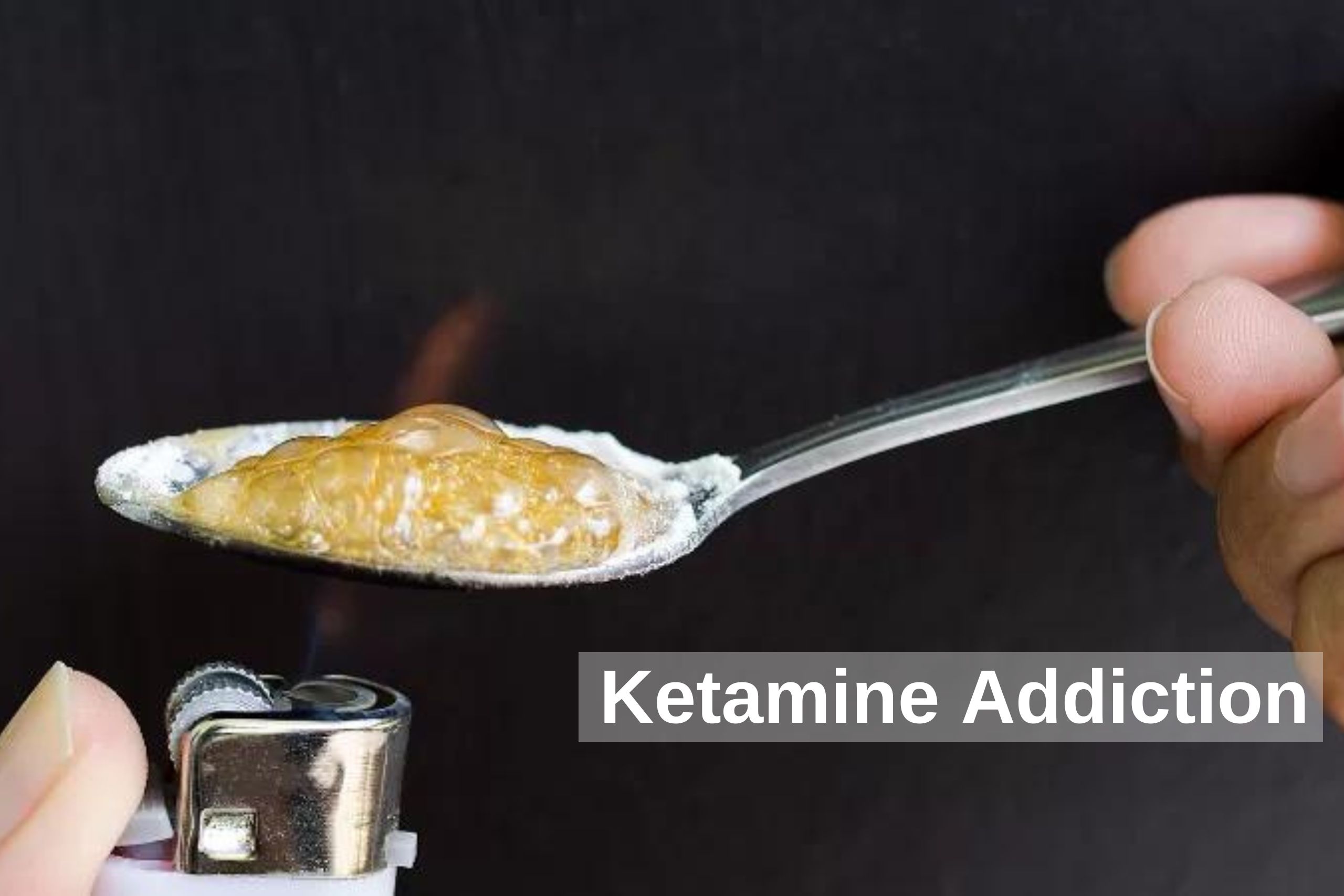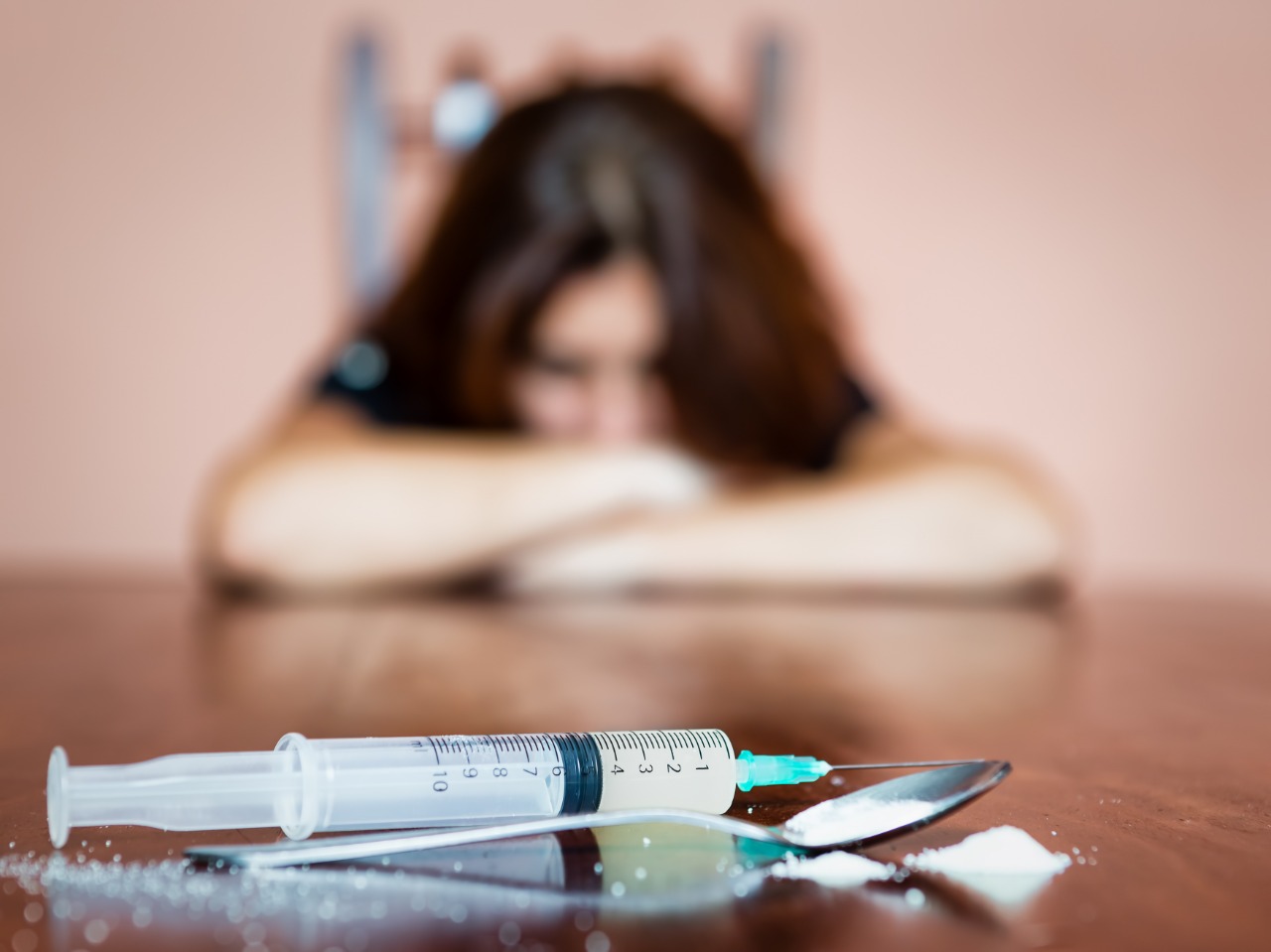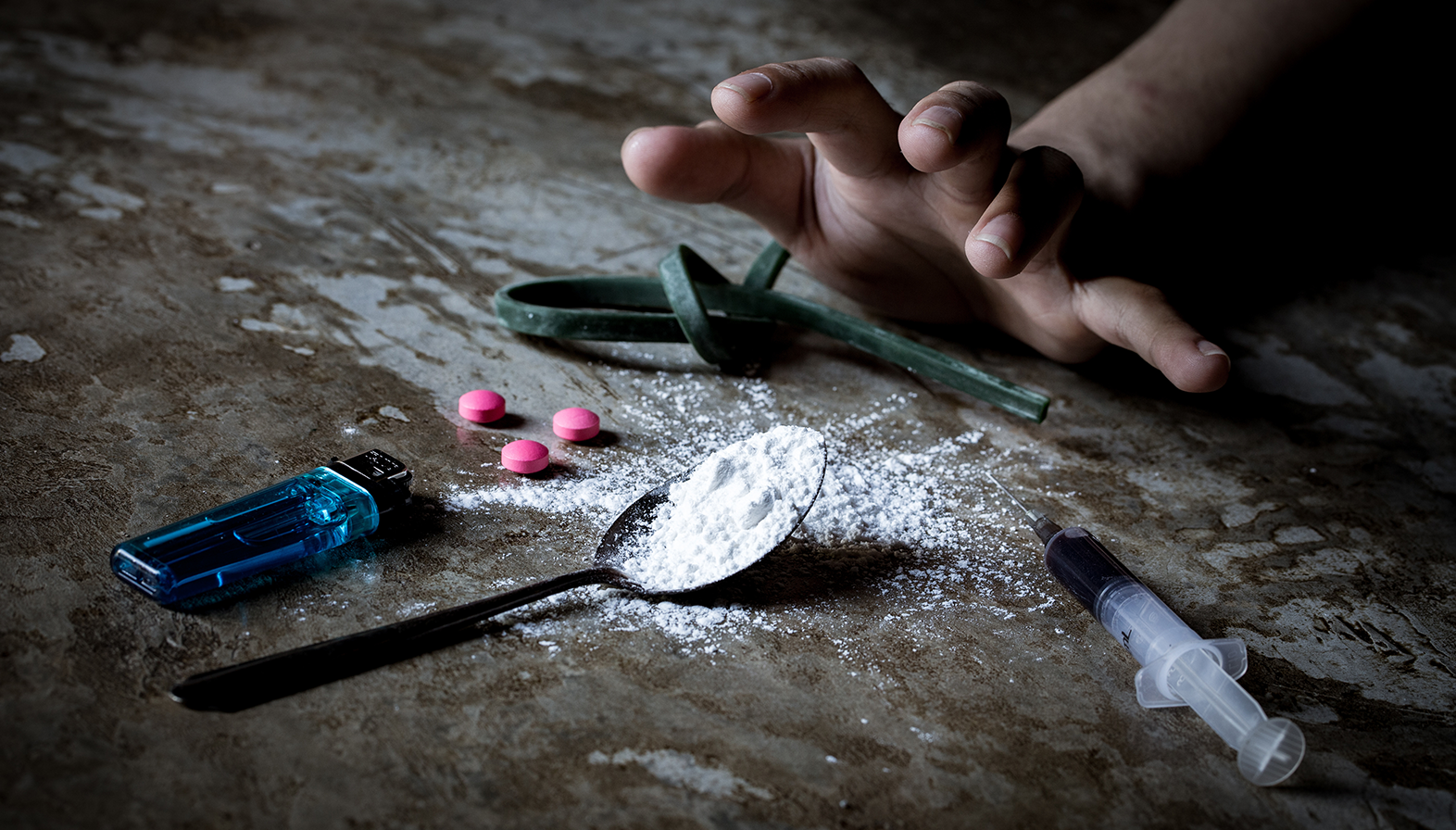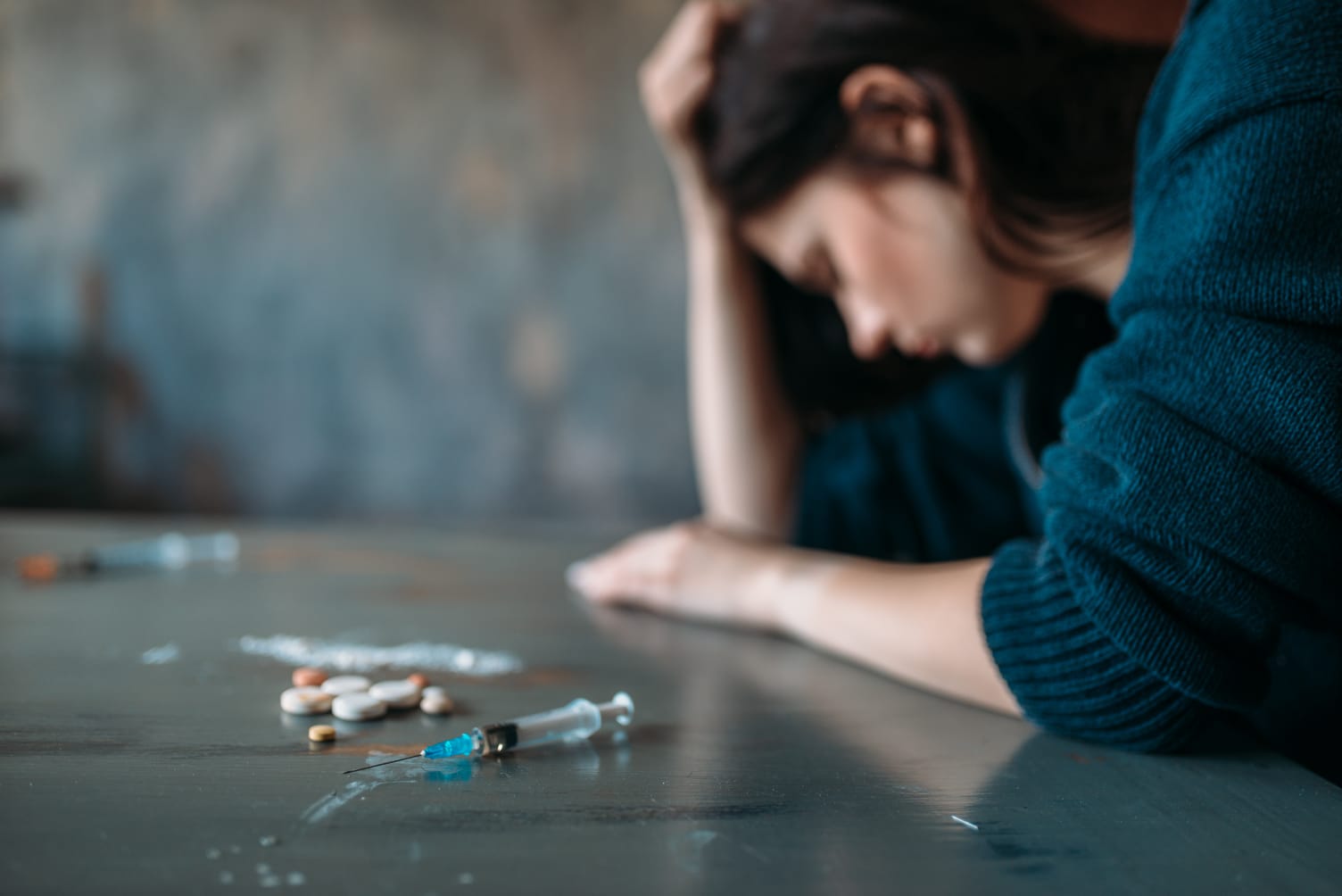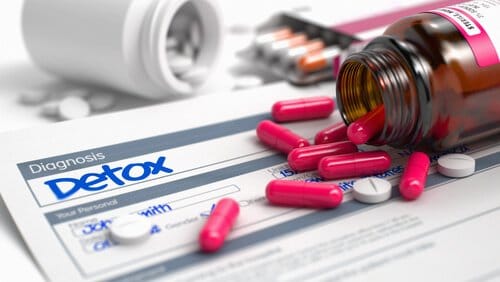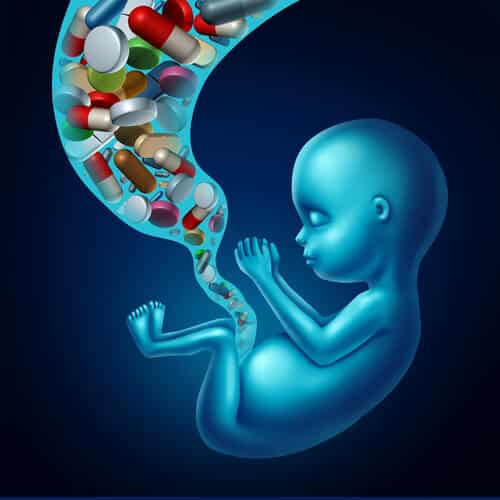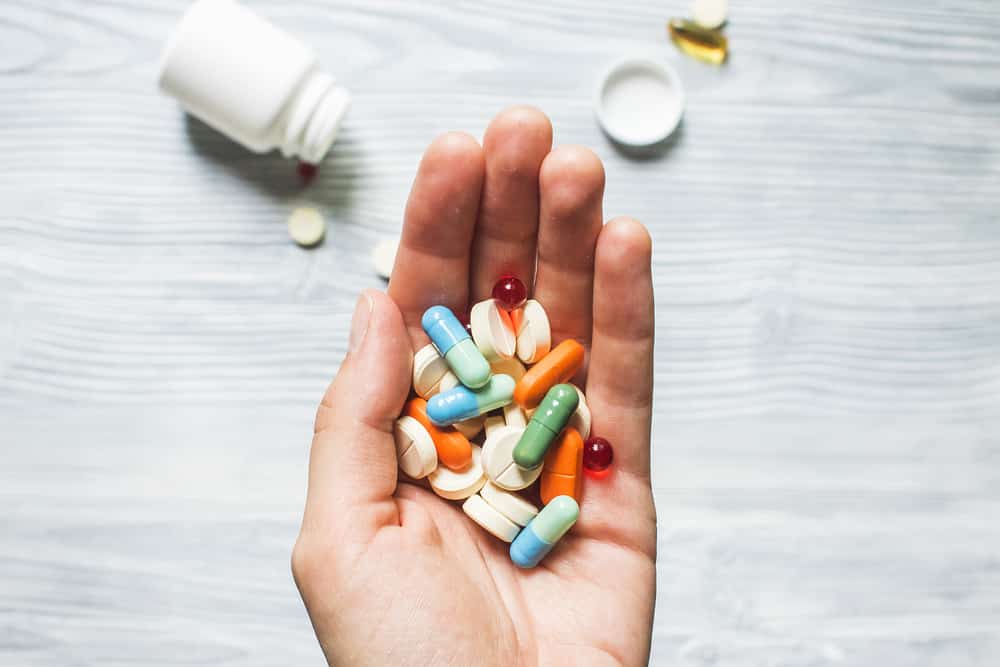Alcohol Addiction in New Jersey: Cause, Effects, and Treatments

Alcohol addiction is a chronic and progressive disease that affects people from all walks of life. Although there isn’t a single cause, experts say genetic, behavioral, and psychological factors can contribute to the disease.
Many people don’t know that alcohol is a disease. Alcoholism is a mental disease that needs medical attention. Unfortunately, the society is always judging these people and blaming them for not being able to control their actions.
Alcoholism can portray itself in different ways, however, how often a person drinks, the severity of the disease and the alcohol brand that they consume varies from one person to the other. Someone is clinically an addict if they heavily rely on alcohol and cannot stay sober for an extended amount of time. In such cases, it’s important that they enroll in one of the alcohol treatment centers in NJ.
The causes of alcoholism
Drinking at an early age
Statistics show that those who start drinking alcohol at an early age are highly likely to develop a physical dependence on alcohol or alcohol issues as they grow. Reason being the drinking becomes part of their life, and because their tolerance levels tend to go up.
Stressful environments
Although not everyone turns to alcohol when they’re stressed, some do. When a person has relationship issues, or money issue, for instance, they drink to try to forget their problems. Stressful work environments like hospitals can also cause one to turn to drinking. To minimize the risk factors, people who are susceptible can develop healthy habits like exercising, taking a nap, or even reading a book.
Depression
Bipolar disorder, depression, chronic stress, anxiety and other mental problems can raise alcoholism risk. It’s easy for someone to turn to alcohol when they feel depressed or anxious because alcohol effects seem to ease the feelings for a while. When the alcohol clears from the body, and depression sets in again, the person may resort to drinking more, which develops into a habit.
Family history
If someone has a parent or relative who is or was an addict, their risk of alcohol abuse automatically increases – partly because of genetics, and also because of association. When a person spends time with a heavy drinker, they can be influenced to drink too.
Effects of alcoholism
Alcoholism can cause liver and heart diseases, which are fatal. Other effects include:
- Bone loss
- Congenital disabilities
- Ulcers
- Vision problems
- Sexual problems
- Diabetes complications
- Suppressed immune function
- Increased risk of cancer
Alcoholism is associated with an increased homicide and suicide incidences and even road accidents. The issues that come with alcohol addiction are reasons why family and friends should enroll their loved ones in alcohol treatment centers in NJ as soon as they realize the symptoms.
Treatments for alcoholism
The treatment of addiction can be challenging and complex. For the procedure to work, the patient must make a conscious decision of wanting to stay sober, because otherwise, the efforts will be futile. Staying away from alcohol is a lifetime commitment, and alcohol withdrawal has its side effects, that’s why it heavily relies on the patient’s desire to get better. Often alcoholism is treated in rehabs and may take anywhere between 30 days to a year depending on several factors.
Related Articles
Why Treating alcohol dependence in Outpatient Setting Preferred



